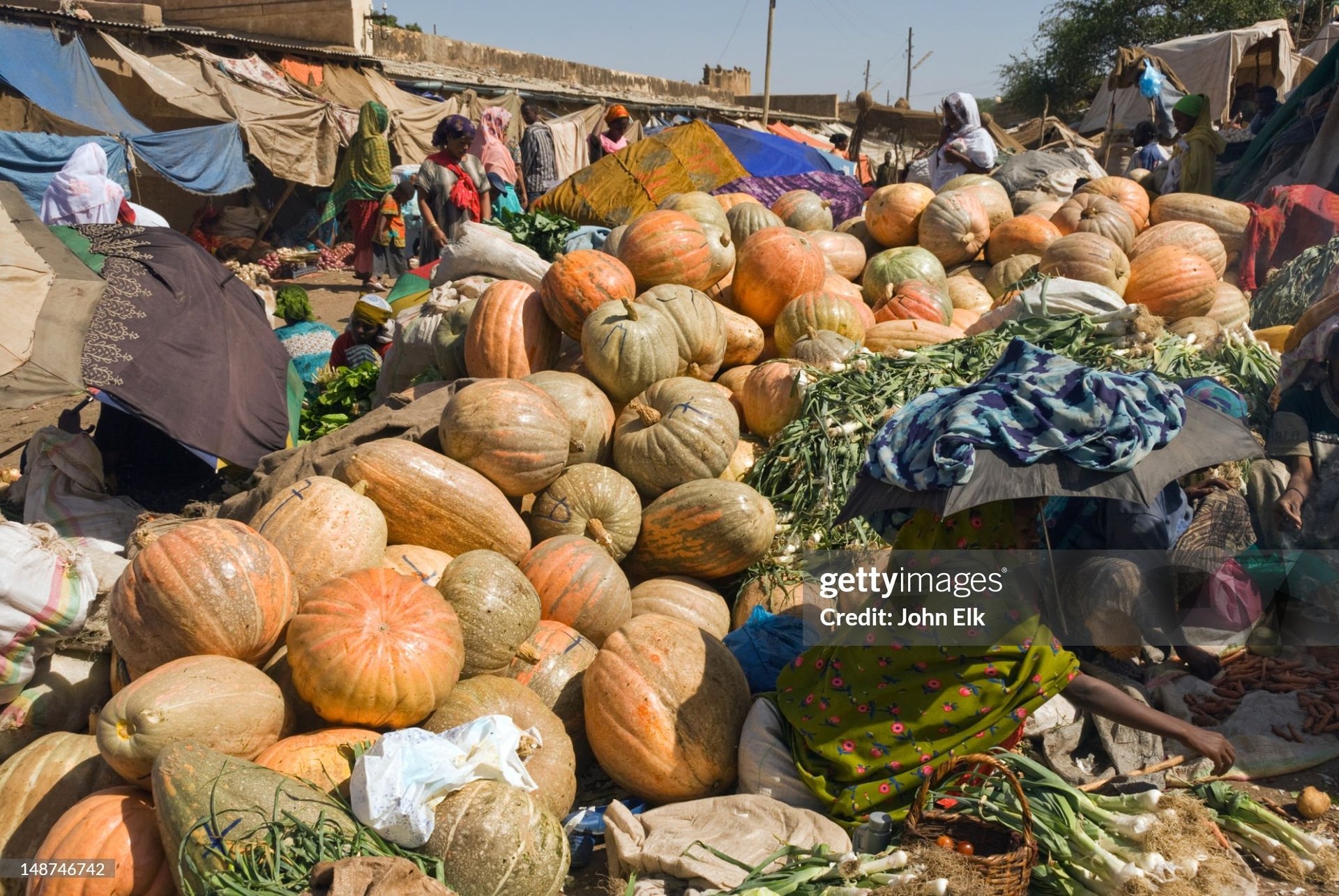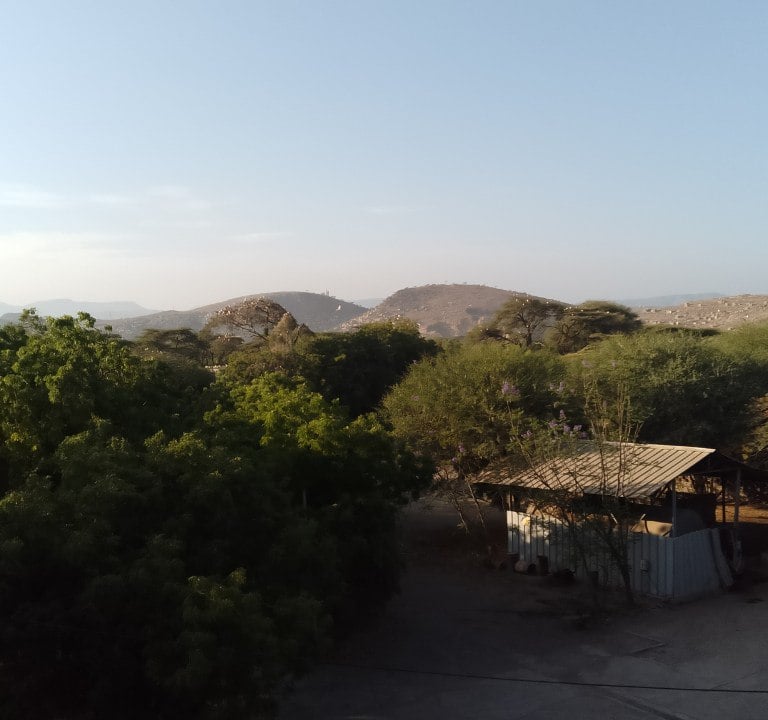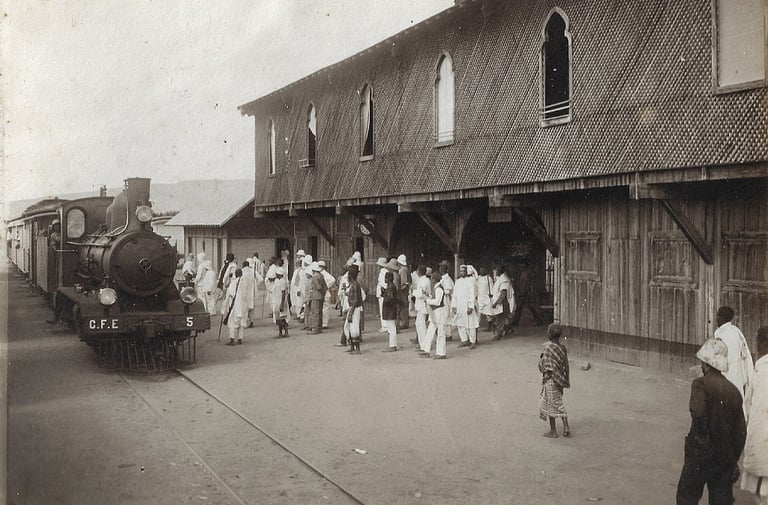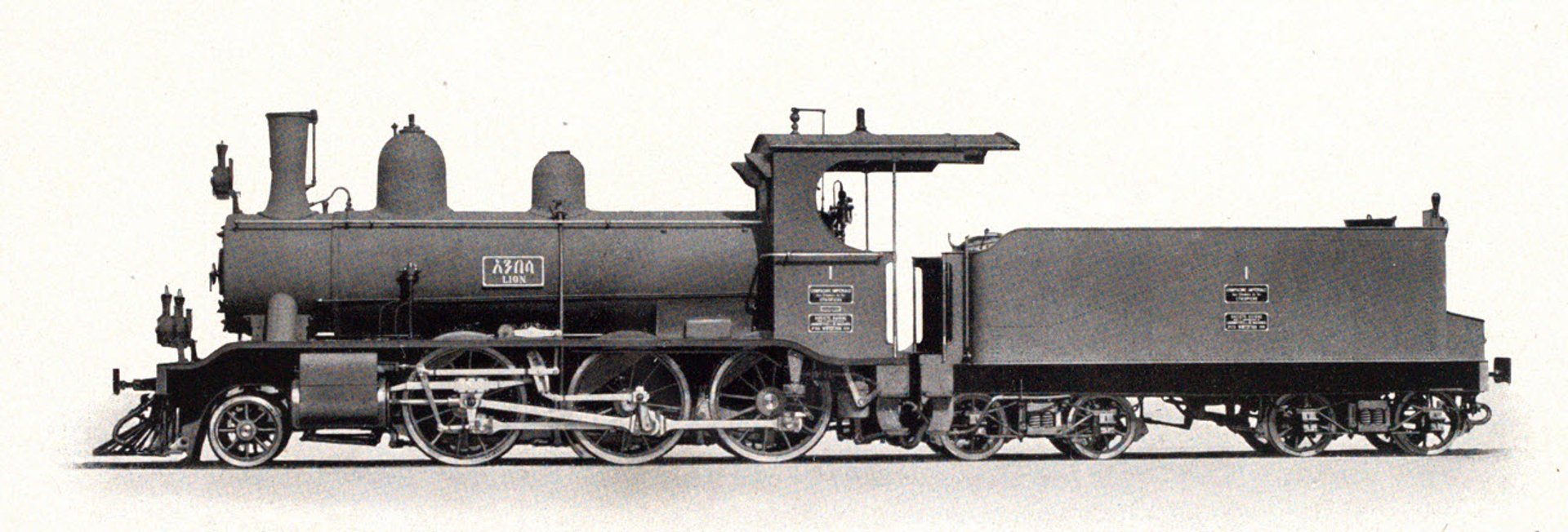
Discover Dire Dawa
Discover the enchanting city of Dire Dawa, where rich cultural heritage meets modern vibrancy.
Dire Dawa, situated in eastern Ethiopia, is characterized by a semi-arid environment, marked by the presence of the Dechatu River which divides the city. This location has historically made it a crucial hub for trade and transportation, shaping its development and attracting diverse populations. The city's establishment in 1902 is directly linked to the Addis Ababa-Djibouti Railway, a project that spurred its growth into a significant commercial center. Culturally, Dire Dawa is a melting pot, with Somali, Oromo, Amhara, and Harari influences evident in its languages, traditions, and social life. This multiculturalism is reflected in the city's architecture, markets, and the vibrant celebrations of various religious and cultural events. Historically, Dire Dawa's strategic position has made it a focal point in Ethiopia's trade network, connecting the landlocked nation to the sea. The city's development contrasts with other Ethiopian cities, as it grew from a trade center rather than a military outpost. Its unique blend of colonial-era architecture and indigenous traditions gives it a distinctive character. Today, Dire Dawa continues to be an important economic center, contributing to Ethiopia's growth while preserving its unique cultural heritage.


The Addis Ababa-Djibouti Railway, completed in 1917, was pivotal in Dire Dawa's evolution, transforming it into a major trade and transportation hub. Initially conceived to connect Ethiopia's capital to the sea, bypassing traditional trade routes, the railway project began in the late 19th century. The challenging terrain and financial constraints prolonged its construction, but its completion marked a new era for Ethiopia. Dire Dawa's location was strategically chosen as a key stop due to its suitable terrain for a major railway hub, leading to rapid urbanization and economic expansion. The railway facilitated the efficient movement of goods, including coffee, livestock, and other exports, to the port of Djibouti, while also enabling the import of essential commodities. This surge in trade not only boosted Dire Dawa's economy but also strengthened Ethiopia's ties with the global market, fostering a cosmopolitan atmosphere within the city. The railway's influence is still visible today in Dire Dawa's urban layout and the presence of historical railway infrastructure.



Explore the rich history of the iconic train connecting Ethiopia and Djibouti through time.
www.trainfrancoethiopien.com offers an engaging and unique overview of the Franco-Ethiopian Railway, highlighting its historical significance, scenic routes, and cultural experiences that travelers can enjoy.
www.trainfrancoethiopien.com is a unique and valuable resource for those interested in history
LEGAL DISCLAIMER
You find on this website photographs and images from www.trainfrancoethiopien.com, which are the exclusive property of their respective authors. Users are welcome to copy these materials for personal use only; however, any reproduction for commercial purposes or use on other sites requires explicit prior permission from the authors. To obtain the necessary permissions, please reach out to the authors at jpcrozet@trainfrancoethiopien.com.
We also want to extend our gratitude to all contributors for their invaluable assistance and gracious participation. Thank you for respecting the intellectual property rights associated with this content.
Ethiopian comic books and artwork for diverse audiences.
COntact US
+1234567890

